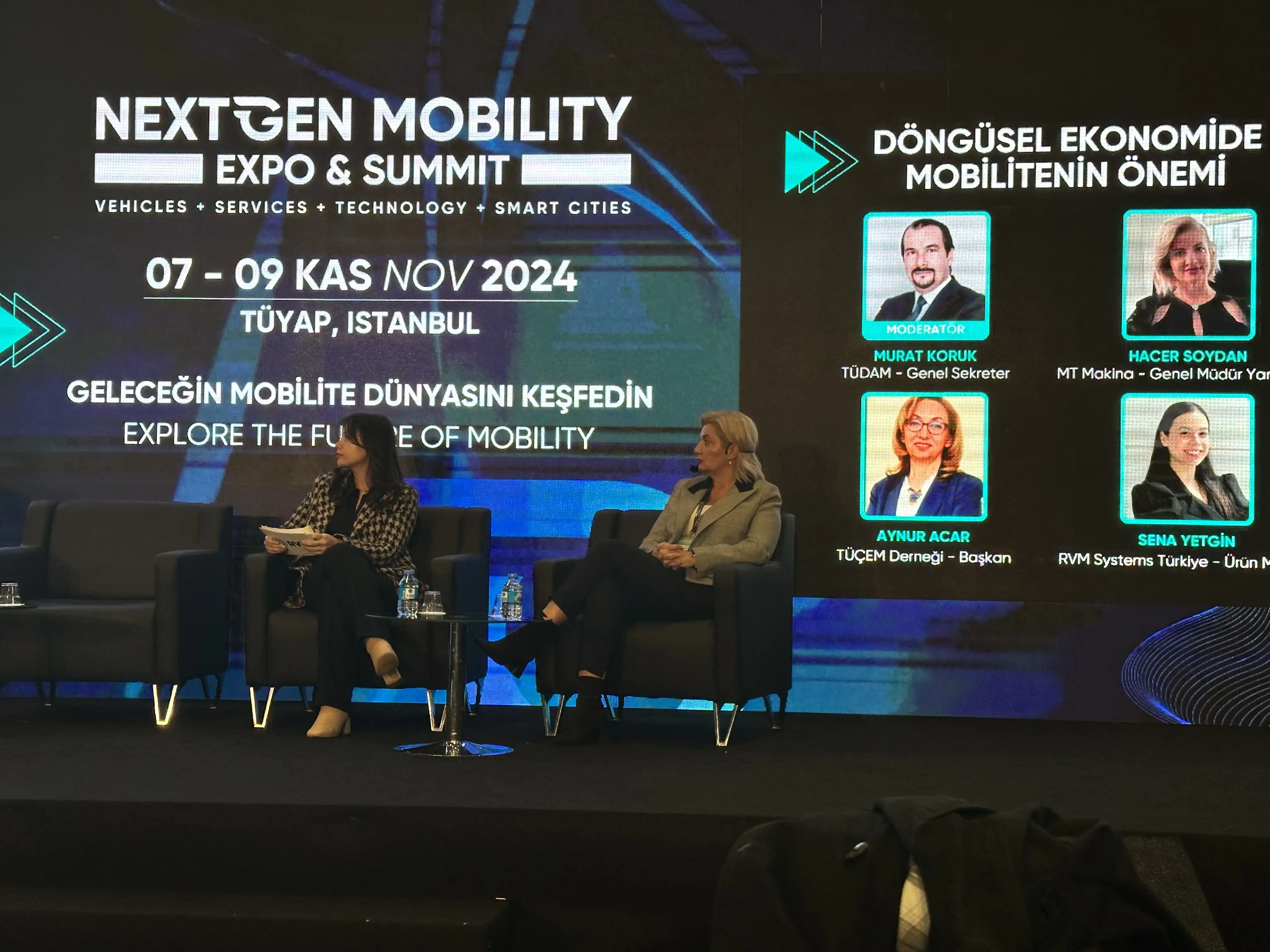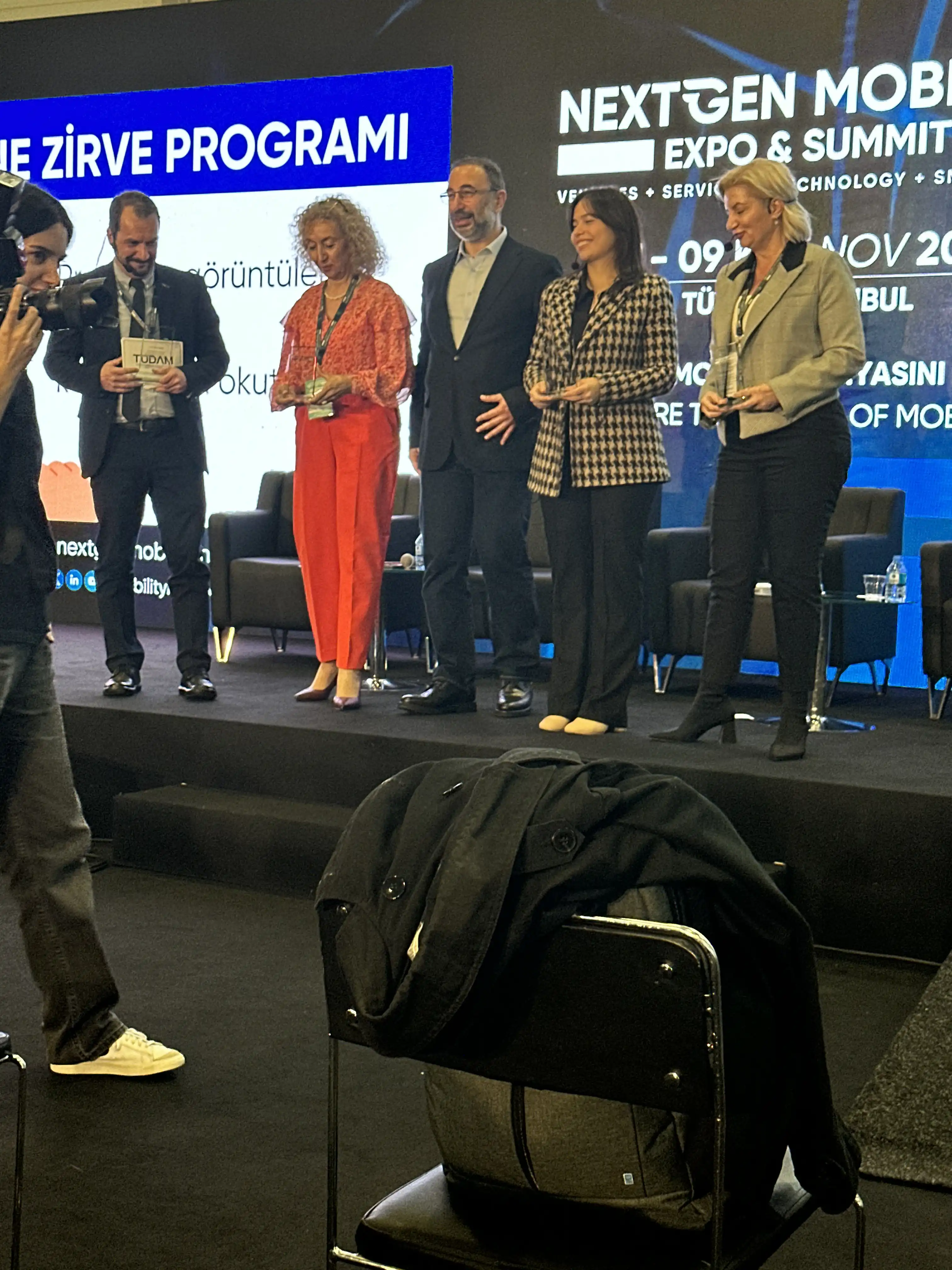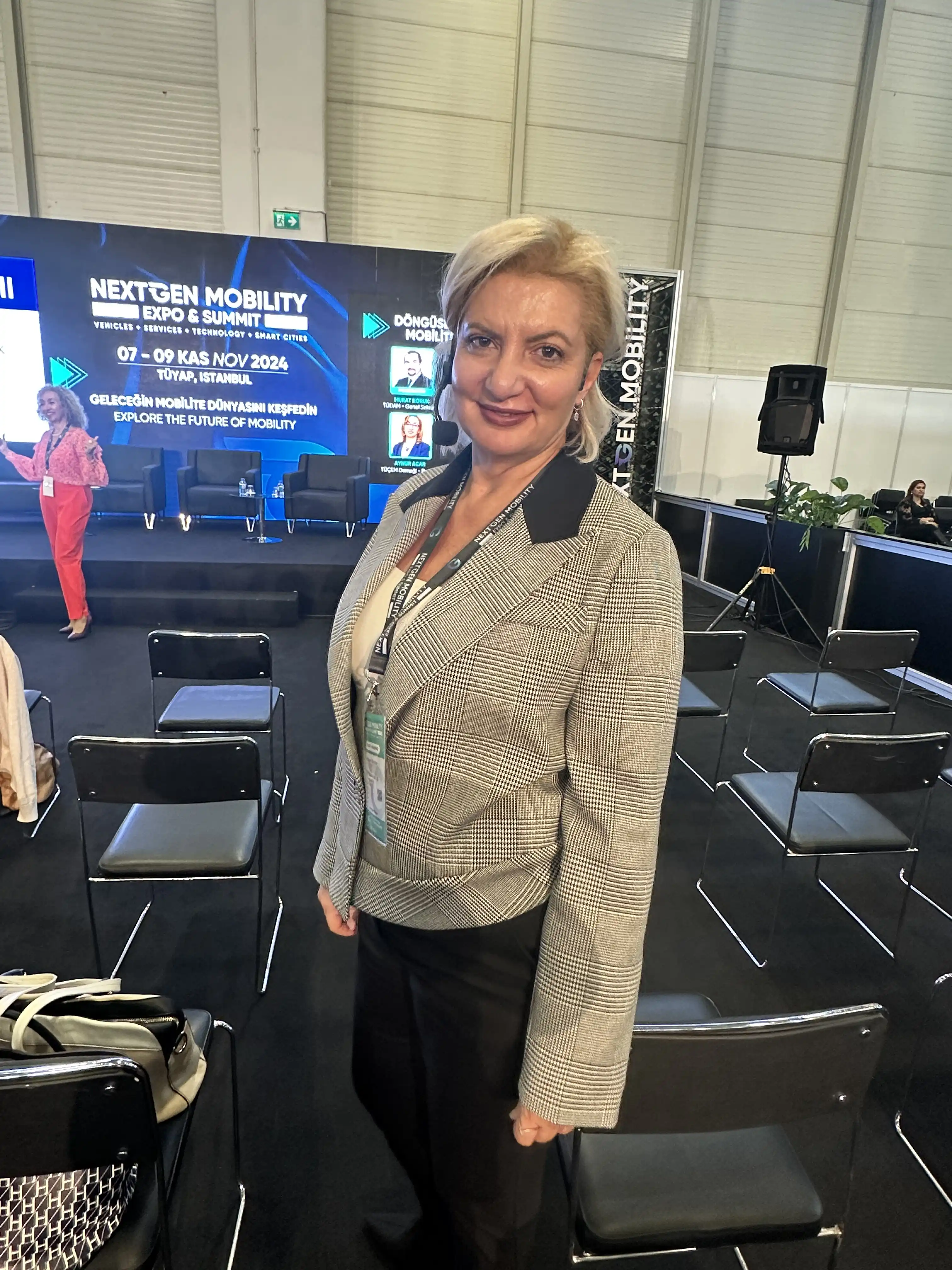The Importance of Mobility in the Circular Economy (Nextgen Mobility Expo & Summit)
- MT MAKİNA

- Nov 9, 2024
- 2 min read
Circular economy, as an economic model based on sustainable use of natural resources, reduction and recycling of waste, offers solutions to today's environmental and economic problems. In this model, the importance of mobility plays a critical role in increasing resource efficiency and reducing environmental impact, especially in production, distribution and recycling processes.
What is Mobility in the Circular Economy? (Nextgen Mobility Expo & Summit)
In the circular economy model, mobility is a process that extends from the transportation of raw materials to production facilities, to the delivery of final products to consumers, and to the transportation of end-of-life products to recycling centers. The use of sustainable and innovative transportation methods in these processes reduces the carbon footprint and increases economic benefit.
The Major Role of Mobility in the Circular Economy
Efficient Use of Resources: Resource consumption can be minimized with proper logistics planning. For example, energy and cost savings can be achieved by optimizing the transportation of recyclable materials.
Reducing Carbon Footprint: Electric vehicles, renewable energy-powered transport systems and carbon-neutral logistics methods make a major contribution to reducing environmental impact.
Supply Chain Optimization: With transportation models suitable for the circular economy, products are transported with less energy consumption and processes are completed faster.
Reuse and Recycling: An effective mobility system must be established to transport used products to production facilities or recycling centers.
Contributions and Perspective of Hacer Soydan
Deputy General Manager Hacer Soydan, in her speech at the Nextgen Mobility Expo & Summit session on the Importance of Mobility in the Circular Economy, emphasized the effects of mobility on industrial and production processes. Stating that logistics operations, especially in industrial production facilities, should be integrated with sustainability goals, Soydan drew attention to the following issues:
Innovative Transportation Technologies: He emphasized that innovative methods used in the transportation of recyclable materials should be increased.
The Role of Digitalization: He stated that logistics processes can be made more efficient with digital technologies.
Inter-Sectoral Collaboration: He emphasized the importance of optimizing mobility solutions through collaboration with all sectors.
Hacer Soydan also stated that machines that offer environmentally friendly solutions in all processes ranging from production facilities to waste collection areas are an important tool for these goals.
Future Vision
It is obvious that the importance of mobility will increase in the circular economy. In this direction, the investment of industrial organizations in sustainable technologies in their logistics processes will play a key role in the construction of an environmentally sensitive economic system. Making mobility solutions more environmentally friendly will not only provide economic benefits, but will also contribute to the creation of a more livable world.
The vision presented by Hacer Soydan is a valuable guide for both industry professionals and policy makers.









